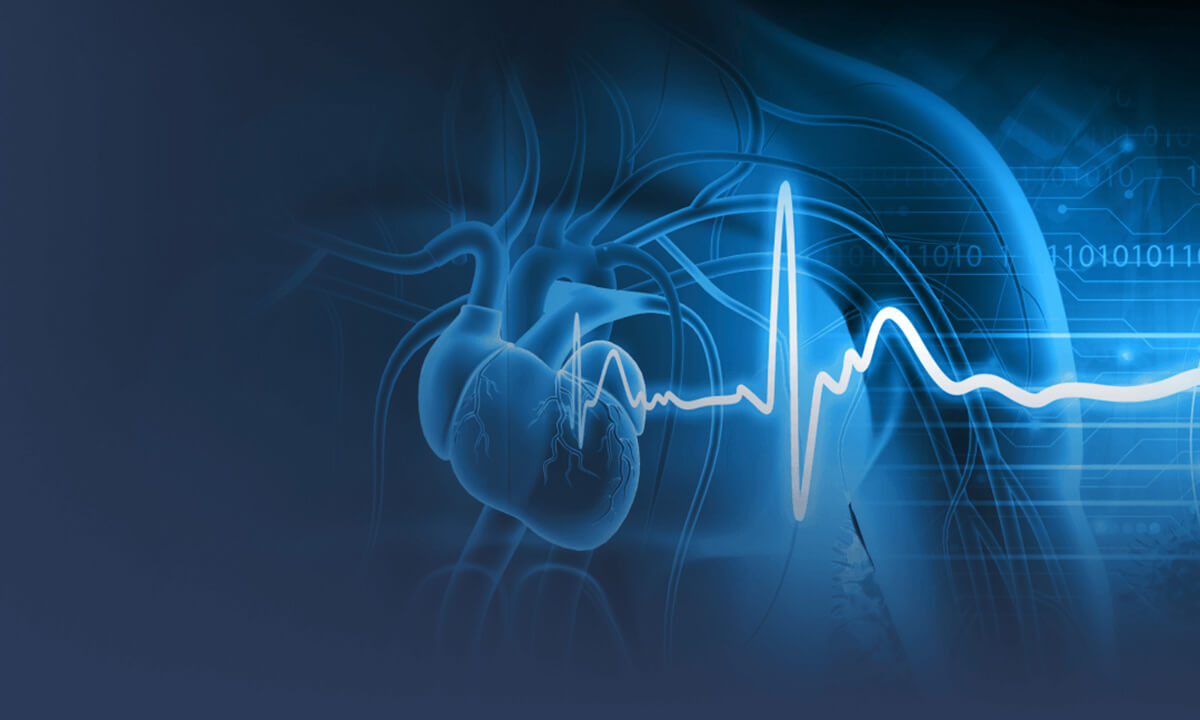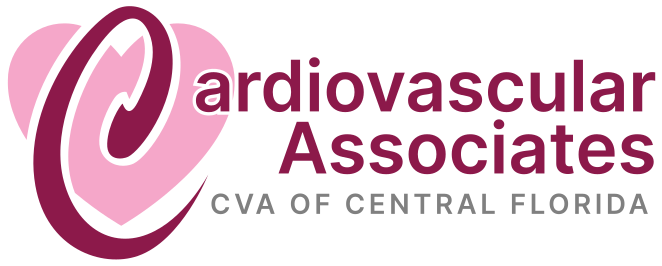- Chronic Total Arterial Occlusion Procedure (PAD/CTO)
- Coronary Interventions
- Diagnostic Heart Catheterization
- Structural Heart
- TAVR (Trans Aortic Valve Replacement)
- Watchman
- Carotid Artery Stent
- Pericardiocentesis
- PFO & ASD Closure
- Cardiac Laser
Our Cardiovascular Care Services
Cardiovascular Associates of Central Florida provides the full spectrum of cardiovascular care using advanced, minimally invasive techniques to treat a wide range of heart and blood vessel conditions. Our highly skilled team of specialists is dedicated to providing personalized care to each patient, ensuring the best possible outcomes. Explore our cardiovascular treatments and procedures.
Interventional Cardiology
Our skilled interventional cardiologists perform minimally invasive, catheter-based procedures to treat blockages, rhythm issues, structural problems, and more.

Cardiac Electrophysiology
Our electrophysiology experts diagnose and treat complex heart rhythm disorders like atrial fibrillation using specialized ablation catheters, pacemakers, defibrillators, and medications to restore normal rhythms and optimize quality of life.
- Cardiac Ablation
- Atrial Fibrillation Ablation
- Electrophysiology Study
- Left Atrial Appendage Closure Devices
- DC Cardioversion
- Pacemaker Implantation
- Defribillation Implantation
- Cardiac Resynchronization
Interventional Radiology
Our interventional radiologists apply image-guided, minimally invasive techniques to treat vascular and non-vascular conditions without surgery. Procedures range from angiograms to embolizations for patients who may not be candidates for traditional surgical approaches.
- Angioplasty & Stenting
Cardiac Imaging & Diagnostics
Our cardiologists and experienced technologists utilize cutting-edge imaging modalities like echocardiography, nuclear scans, cardiac CT, and MRI to evaluate heart health with precision. Advanced diagnostics guide tailored treatment plans.
- Echocardiogram
- EKG
- Exercise Stress Test
- Nuclear Stress Test
- Stress Echocardiogram
- Oncology Echocardiogram
- PET Scan
- Loop Recorder
- AAA Screening
- Arterial / Venous Ultrasound
- DVT Evaluation
- Carotid Ultrasound
- Holter Monitors
- Event Monitors
Procedural Lab
(In-Office)
We treat Congestive Heart Failure, Heart Attacks, Angina and all other major cardiac conditions.
- Peripheral Angiogram
- Peripheral Angioplasty
- Peripheral Atherectomy
- Peripheral Vascular Intervention Procedures
- Renal Angiography
Preventive Services
Our team of physicians, researchers, and patient care specialists is focused specifically on cardiovascular best practices and life-saving heart and vein care.
• EKG
• Cardiology preventative consultation
• Calcium score
• AAA Screening


